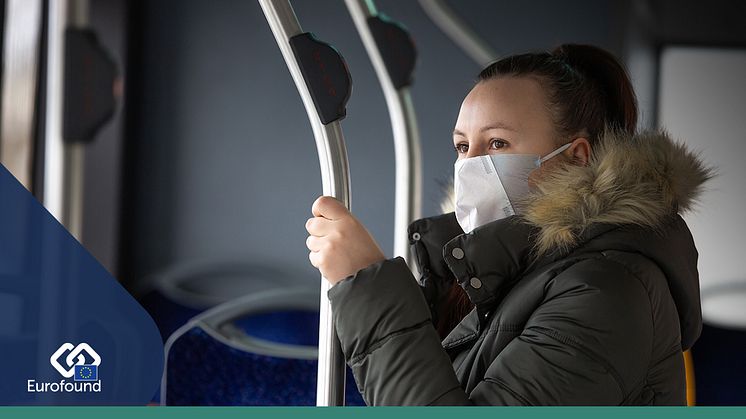
News -
Only one-fifth of European companies find secret to combining optimal workplace wellbeing and business performance
‘High investment, high involvement’ workplaces have the best outcomes for workers and employers according to a recent large-scale survey of company practices across Europe. Just 20% of EU organisations fall into this category – bundling practices that increase employee autonomy, facilitate employee voice and promote training and learning. These companies, which are managing to boost performance while also improving workers’ job quality, can be found across all types of business regardless of country, size, sector, or competitiveness strategy, but are most prevalent in Nordic countries, such as Finland and Sweden, and in sectors known to have better working conditions, such as financial services.
The three other categories, ‘selective investment, moderate involvement’ (33%); ‘moderate investment, irregular involvement’ (27%); and ‘low investment, low involvement’ (21%) all score lower in terms of worker wellbeing and company performance.
The fourth European Company Survey (ECS 2019), conducted in partnership between EU Agencies Eurofound and Cedefop, collected information on workplace practices, human resource management, skills and development, employee participation and social dialogue from 21,869 human resources managers and 3,073 employee representatives in the 27 EU Member States and the United Kingdom during 2019, providing a timely insight into the potential resilience of companies across the EU in advance of the COVID-19 pandemic.
Overall, the survey confirms that most EU27 companies have a positive work climate: 84% of managers reported a good or very good relationship between management and employees with the most successful firms not only having facilitating practices in place, but also a supportive management attitude. Workplaces in the ‘high investment, high involvement’ group often combine job design fostering autonomy and learning with a management approach geared towards facilitating autonomous work rather than controlling compliance. But many jobs still offer little autonomy: in 36% of EU-27 companies, a small proportion of workers (fewer than one in five) can organise their work autonomously.
Results also show that 71% of workers in EU-27 companies have skills matching their job requirements; 16% on average are overskilled, while 13% are underskilled, with training an important way to achieve positive workplace outcomes. Most workplaces in the EU offer at least some training to at least some workers, but only 9% offer comprehensive training and learning opportunities. Companies that are highly digitalised and those with a high level of computer use achieve better workplace well-being outcomes than others, however only the highly digitalised businesses do better in terms of performance.
The research also noted that businesses with strong workplace social dialogue score better on performance and wellbeing with more than two-thirds (70%) of managers thinking that involving employees in changes to the work organisation gives the company a competitive advantage. Workplaces with involving, trusting and influential social dialogue are more likely to have regular, direct employee participation that makes a difference on the ground. The report notes that a people-centred management approach – which supports employees in the application of their skill and knowledge in the workplace and facilitates the development of employee skills and knowledge – can bring benefits that go beyond the workplace, such as lower healthcare costs and increased civic engagement.
It highlights the importance of the involvement of social partners to support workplace change in the design and implementation of policy measures geared towards employee autonomy, improving skills use and development and facilitating employee involvement in the workplace.
The ECS 2019 is the first Europe-wide company survey to use a push-to-web methodology, where establishments were contacted by telephone to identify respondents, who were then asked to complete the questionnaire online.
More information
- Publication European Company Survey 2019 - Workplace practices unlocking employee potential
- Data European Company Survey 2019
- Webinar 13 October - Workplace practices unlocking employee potential
- Webinar 20 October #AskTheExpert - the European Company Survey 2019: Exploring the survey’s findings on employee involvement
- Webinar 29 October #AskTheExpert - the European Company Survey 2019: Exploring the survey's findings on skills







